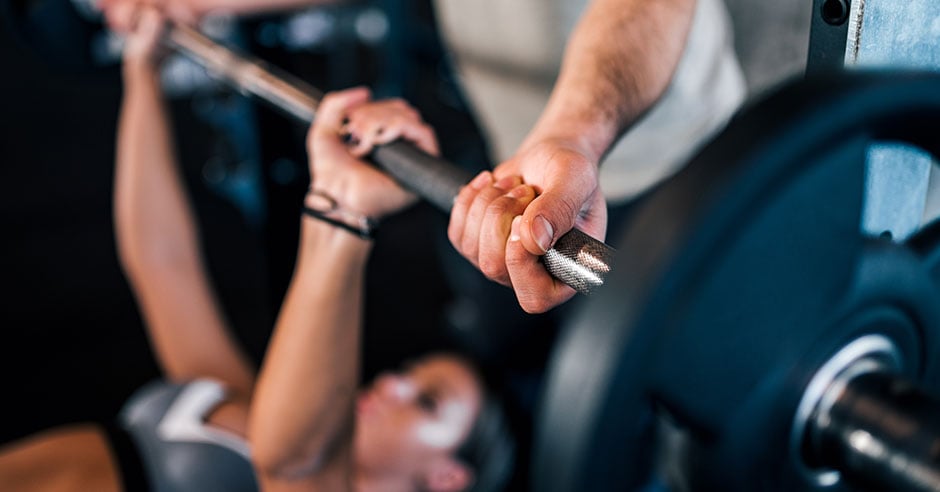-1.png?width=1080&name=Untitled%20design%20(2)-1.png)
The Latest
This latest study out of Maryland suggests acute exercise can improve our ability to recall general world and cultural-specific knowledge. Though, aren’t we all willing to forget that last episode of Game of Thrones?
While studies have shown us that regular exercise over time impacts the brain’s memory network (especially within the hippocampus), most of those have focused on short-term (episodic) memory. This is the first of its kind to examine semantic memory which is important as semantic memory is one of the first to be impacted by neurocognitive diseases.
Break this Down for Me...
The Method
Participants’ semantic memories were tested both after exercise and at rest. For the exercise portion, participants completed 30 minutes of continuous cycling. Researchers called on previous studies which found moderate exercise enhances cognition to a greater degree than light or high-intensity exercise. After being introduced to Rate of Perceived Exertion (RPE), participants were asked to select their workload based on an intended RPE of 15, a “hard” level of effort. RPE and Heart Rate (HR) were measured every 5 minutes. Subjects were given a 5-minute warmup and cooldown. Following the cycling session, researchers placed subjects in a Functional Magnetic Resonance Imaging Scanner (fMRI).

Measuring Semantic Memory Activation
Since the failure to recall familiar names is the most common memory complaint among older adults, researchers chose to measure semantic memory by displaying the names of 30 easily recognized entertainers, politicians, and sports figures. They also displayed the names of 30 non-famous individuals, chosen from a local phone book. This method of testing is called The Famous Names Task (FNT). We checked, it’s a real thing.Researchers considered both accuracy (% correct) and response time (ms) in their results.
Researchers then created activation maps looking at both the responses to famous and non-famous names for both the exercise and rest test sessions. Their hypothesis? That the brain would show less activity (less effort) after exercise. Yep, sounded strange to us too. You see, this same group conducted a similar study in 2013 which found that a 12-week program of treadmill walking changed the way the brain processed semantic memory. Thus, leading them to believe a similar result would present itself after one training session. That didn’t happen. Instead, the scans showed increased brain activity in the areas influencing semantic memory.
What it Means
These findings suggest that the brain, like our muscles, is most active and burns the most energy at the first signs of strain, but becomes more efficient following long-term exercise protocols. Given the 2013 results which found the brain used less energy after a multi-week plan, researchers have concluded that the brain can be trained to respond more efficiently as we increase exercise frequency. Coupled with previous studies that prove higher performance on the FNT leads to greater chances of cognitive stability over time, this new research begins to uncover how acute exercise fuels greater engagement in the semantic network which could improve cognitive function in healthy older adults.
Watch Out for...
How this impacts preventative treatment protocols for older adults predisposed to neurodegenerative symptoms. The WHO just finished their first study on exercise, diet and lifestyle and how these factors impact your risk for dementia.
the PowerUp
Like all studies, this one’s not without its limitations. With a small sample size of active, cognitively healthy subjects, the study solely explored the network connected to semantic memory. However, as single sessions are the building blocks of chronic exercise, understanding the changes induced by acute exercise provides new insight into the association between exercise and memory. We’ll look forward to seeing how it will support larger studies, focused on how acute exercise could impact already impaired individuals or how such results impact sedentary lifestyles.




-1.png)

-1.png?width=1080&name=Untitled%20design%20(2)-1.png)

